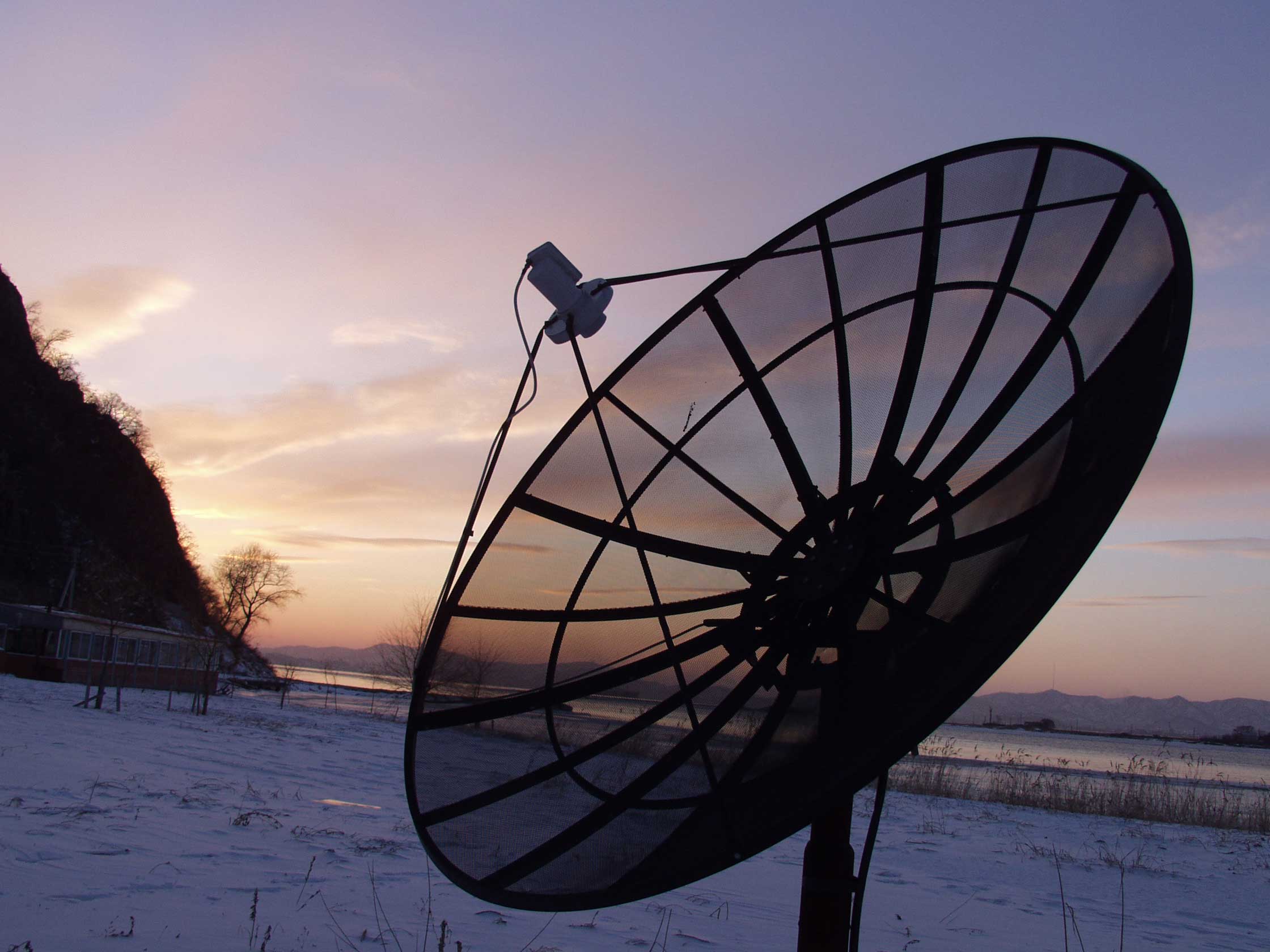
There have been recent intense discussions on net neutrality, and it is clearly a decisive moment in the evolution of the internet. But why is it so important. To understand the background, it is useful to look at the history of net neutrality.
Net neutrality (also network neutrality or Internet neutrality) is the principle that Internet service providers and governments should treat all data on the Internet equally, not discriminating or charging differentially by user, content, site, platform, application, type of attached equipment, and modes of communication. [via Wikipedia]
While the EU has had a few jurisdictions to support net neutrality, the topic is heavily under discussion in the US.
FCC policy
(2005-2010)
The initial proposal was to allow “any lawful content, any lawful application, any lawful device, and any provider” to have equal traffic priorities.
(2010-present)
The FCC Open Internet Order 2010, which banned cable television and telephone service providers from preventing access to competitors or certain web sites.
2014
On January 14, 2014, the DC Circuit Court determined that the FCC has no authority to enforce Network Neutrality rules, as service providers are not identified as “common carriers”.
On February 19, 2014 the FCC announced plans to formulate new rules to enforce net neutrality while complying with the court rulings.On April 23, 2014, in a press statement, the Federal Communications Commission announced their new proposed rules which would allow Broadband Internet service providers, such as Comcast and Verizon, the “right to build special lanes” with faster connection speeds for companies, such as Netflix, Disney or Google, willing to pay a higher price. Their customers would have preferential access [via Wikipedia]
Obviously this new ruling changes significantly the dynamics in the market in context of the importance of fast Internet connectivity, and limits the ability to create competitive high bandwidth broadband content offerings that don’t include payments to the ISPs.
Relationship between content providers and ISPs
Dan Rayburn of StreamingMediaBlog.com looked at existing connections between content providers and ISPs.
All of the information I provide in the chart below is from public information that anyone can lookup simply by knowing the networks Autonomous System number (AS) and looking at their peers. […]
Based on the AS lookups I did, here are the companies that have direct interconnects with various ISPs. I didn’t look at every ISP out there or every content owner, simply some of the larger ones. [via StreamingMediaBlog.com]

Dan concludes
Historically companies like Netflix have always paid for their transit connectivity, or Internet delivery costs. The 60% of broadband customers who do not use Netflix, should not suddenly have to pay for the network transit/interconnect costs of others because Netflix feels their Internet costs should now shift to all ISP customers.
Meanwhile a petition to “Restore Net Neutrality By Directing the FCC to Classify Internet Providers as ‘Common Carriers'” reached 105,572 signatures, which triggered a public response by the White House.
Preserving an open Internet is vital not just to the free flow of information, but also to promoting innovation and economic productivity. Because of its openness, the Internet has allowed entrepreneurs — with just a small amount of seed money or a modest grant — to take their innovative ideas from the garage or the dorm room to every corner of the Earth, building companies, creating jobs, improving vital services, and fostering even more innovation along the way.
Absent net neutrality, the Internet could turn into a high-priced private toll road that would be inaccessible to the next generation of visionaries. The resulting decline in the development of advanced online apps and services would dampen demand for broadband and ultimately discourage investment in broadband infrastructure. An open Internet removes barriers to investment worldwide. [complete response on petitions.whitehouse.gov]
Future
The final ruling could significantly shape the direction of premium content delivered over the internet, which makes it an important time to pay attention. On May 15 a FCC 3:2 vote on a proposal indicated a direction.
While the rules are meant to prevent Internet providers from knowingly slowing data, they would allow content providers to pay for a guaranteed fast lane of service. Some opponents of the plan, those considered net neutrality purists, argue that allowing some content to be sent along a fast lane would essentially discriminate against other content
[…]That essentially means that as long as an Internet service provider like Comcast or Verizon does not slow the service that a consumer buys, the provider can give faster service to a company that pays to get its content to consumers unimpeded. [more on NYTimes.com]
While the discussion is still on-going, this is an important crossroad for digital video delivery.
Updated (11/11/2014) – President Barack Obama comments on net neutrality.



























How could ISPs give paying web domains faster connections? I don’t see them building the infrastructure for a “Fast Lane”. If this is allowed there will be the “fast lane”, really just your regular connection, and a “Normal Lane”, which will actually be slowed down from the current regular.
Yeah, you can do this with routing and prioritization of traffic.